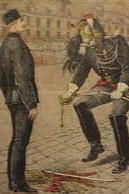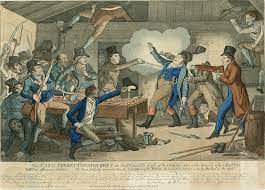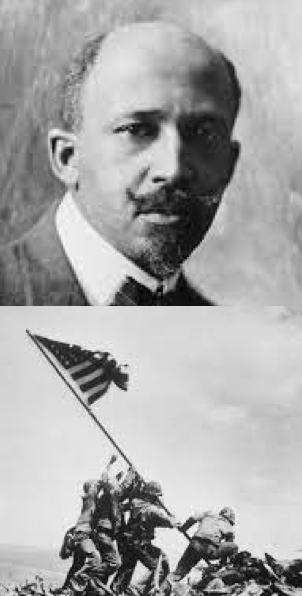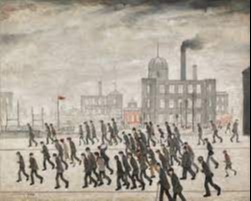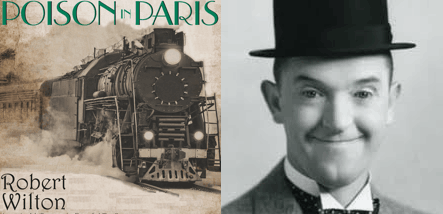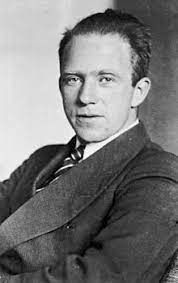
On February 23rd 1927, in a letter to a physicist colleague, Werner Heisenberg first described his ‘uncertainty principle’ - the inability to be accurate about both of a pair of physical qualities of an elementary particle: a milestone in physics and 20th Century scientific development, leading Albert Einstein successfully to nominate him for the Nobel Prize. Heisenberg was vilified and hindered in the Germany of the 1930s as a ‘White Jew’, inclining towards the more theoretical ‘Jewish physics’ advanced by men like Einstein. But it turned out that Heisenberg’s mum knew Heinrich Himmler’s mum, and the two ladies had a little chat and calmed things down. During the Second World War Heisenberg was a key player in Germany’s efforts to develop an atomic or nuclear weapon; when he lectured in Switzerland in 1944, an American agent was in the audience with orders to shoot him if he gave the impression that the German program was close to success.
